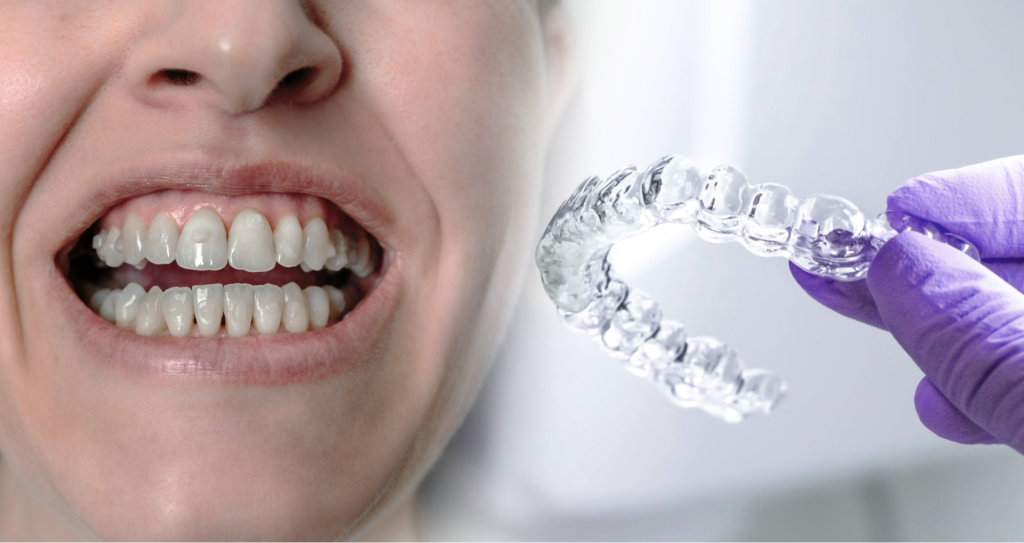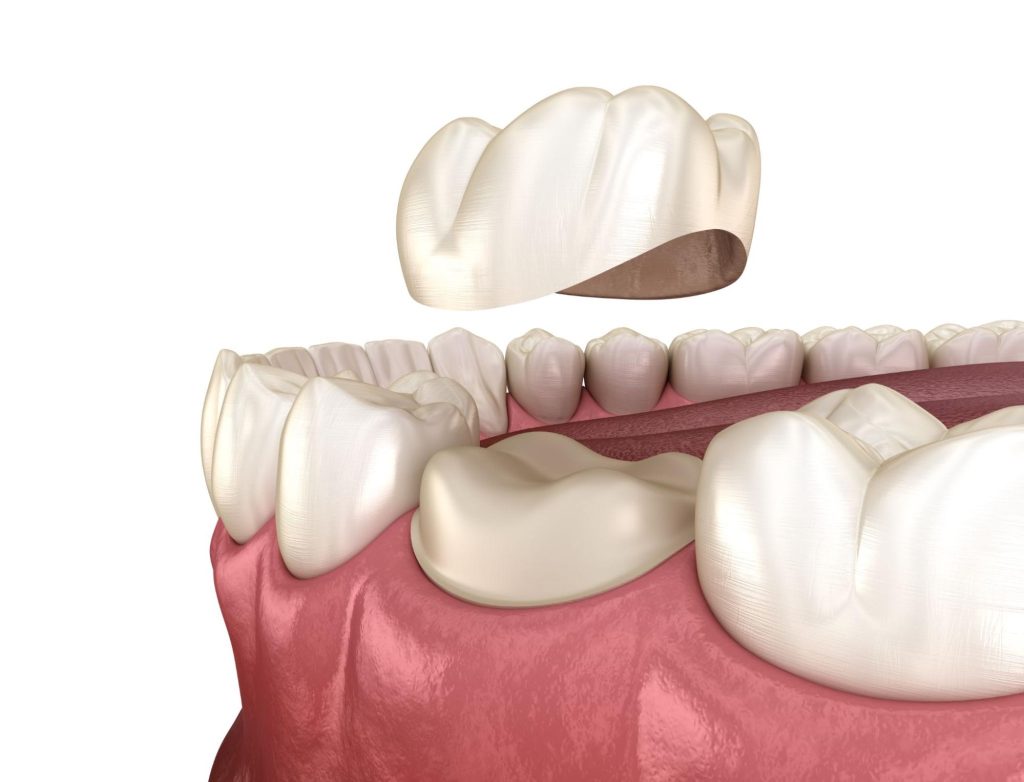If you’re noticing some discomfort in your jaw and have spent all night searching, “What is an impacted wisdom tooth?” or “How to know if my wisdom tooth is impacted?” you’re not alone. According to the Australian Dental Association, the number of Australians admitted into hospitals for wisdom tooth removal is seven times greater than that of the United Kingdom.
An aching jaw, a bump near your wisdom tooth, or a foul taste in your mouth –are all signs that you could have an impacted wisdom tooth. Here, we’ll define an impacted wisdom tooth and go over the symptoms and a few complications.
If you’re experiencing any of these, you may need a wisdom teeth extraction.
What is an Impacted Wisdom Tooth?
If you’re wondering, “What is an impacted wisdom tooth?” it might be easier first to understand what they are and why they’re likely to become impacted.
Wisdom teeth are third molars that fully grow in by age 26. Although we no longer need them, wisdom teeth were helpful in early humans to chew tough foods. Most people have four wisdom teeth, although they may not fully break through the gums. Impacted wisdom teeth are molars that fail to appear fully. These teeth could grow diagonally, horizontally, or into the jawbone.
Complications of Wisdom Tooth Impaction
When a wisdom tooth grows incorrectly, it can cause problems. For example, impacted wisdom teeth could push your other teeth out of alignment, cause damage to your jawbone or create room for a severe infection.
Let’s explore these complications more in-depth.
Damage to Other Teeth
Impacted wisdom teeth could grow in any direction. Unfortunately, most impacted wisdom teeth grow at an angle. This angled growth causes them to bump into surrounding molars triggering pain and inflammation. If not treated right away, it could push your molar out of alignment and create a gap for bacteria to hide. This could lead to infection.
Cysts
Your wisdom tooth develops within a sac before pushing up through your gumline. If the wisdom tooth fails to grow through your gums, it could partially remain in the sac, attracting fluid and pus. In less common cases, this could form a cyst or tumour. Without an x-ray, this complication is not detectable. If your dentist spots a growth, he’ll have to remove it to prevent damage to your jawbone or surrounding tissue.
Decay
A buildup of plaque and bacteria causes tooth decay. These bacteria produce acids that erode your enamel and eventually eat through each tooth layer, reaching the pulp. One way to reduce your risk of tooth decay is by brushing your teeth and flossing regularly. The problem with an impacted tooth is that you cannot touch it fully. When food debris and bacteria leach under the gumline, it begins to decay the impacted part of your wisdom tooth.
Gum Disease
Impacted wisdom teeth sometimes cause swollen, red gums. Soon, a lump appears on the surface of your gums near the impacted area of your wisdom tooth. This excruciating condition is called pericoronitis.
Symptoms of Impacted Wisdom Teeth
Now, we answer the question, “How to know if my wisdom tooth is impacted?”
In the beginning, you may not be aware that you have an impacted wisdom tooth. This is due to the tooth growing normally in the beginning before stopping or shifting directions. Most people have no pain or visible signs that anything is wrong during this stage. However, as growth progresses in the wrong direction, you will notice a few symptoms.
Red or Swollen Gums
Impacted wisdom teeth may space out surrounding teeth, creating a gap between your teeth and your gums. This warm space is a breeding ground for bacteria, often leading to inflammation.
Tender or Bleeding Gums
The delicate gums above an impacted wisdom tooth may swell and bleed from the pressure of your wisdom tooth below it. You will notice this bleeding when biting into hard foods or brushing your teeth.
Jaw Pain
A rouge wisdom tooth could find its way into your jawbone, causing immense pain. This pain may be a dull, aching throb with intermittent sharp passing pains.
Swelling Around the Jaw
Sometimes, an impacted wisdom tooth may press a dental nerve. These tiny nerves lead back to a major one called the trigeminal nerve, which is the fifth cranial nerve. Anytime your wisdom tooth touches a nerve that feeds the trigeminal nerve, it creates pain that can be felt in your jaw and neck.
Bad Breath
Blood and other trappings caught below your gumline breed bacteria. This bacterium produces a very unpleasant smell. Even if you brush your teeth and tongue, this smell will continue until you have the impacted wisdom tooth treated.
An Unpleasant Taste in Your Mouth
If you develop an infection around your wisdom tooth or infection is in the works, you will notice a very unpleasant – sometimes bitter – taste in your mouth.
Difficulty Opening Your Mouth
If you have developed an abscess near your wisdom tooth, or your wisdom tooth has made its way into your jawbone, the inflammation could make it hard to open your mouth. If you find it difficult to talk, chew or yawn, and there are any of the above symptoms, your impacted wisdom tooth may be infected.
Summary
An impacted wisdom tooth is a serious matter that should be monitored by a professional. A simple Google search of “How to know if my wisdom tooth is impacted?” or “What is an impacted wisdom tooth?” returns no less than 4 million results. But even if these results suggest ways to treat the tooth yourself, book an appointment with your dentist.If you suspect that you have an impacted wisdom tooth and are experiencing any of the symptoms we went over, it may be time to get a wisdom teeth removal. The dentists at Mosman Fine Dental are happy to examine your impacted wisdom tooth and offer treatment options if necessary. No need to gnaw in pain; contact us. We’re happy to help.



